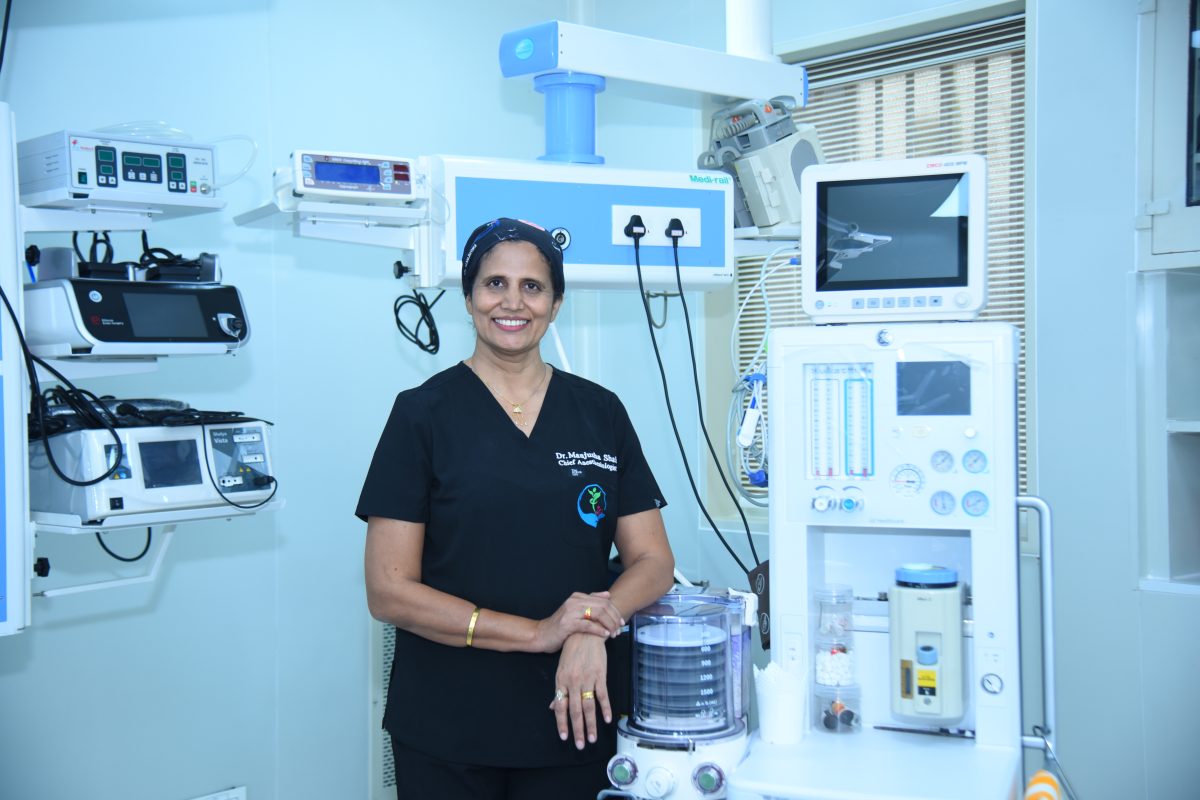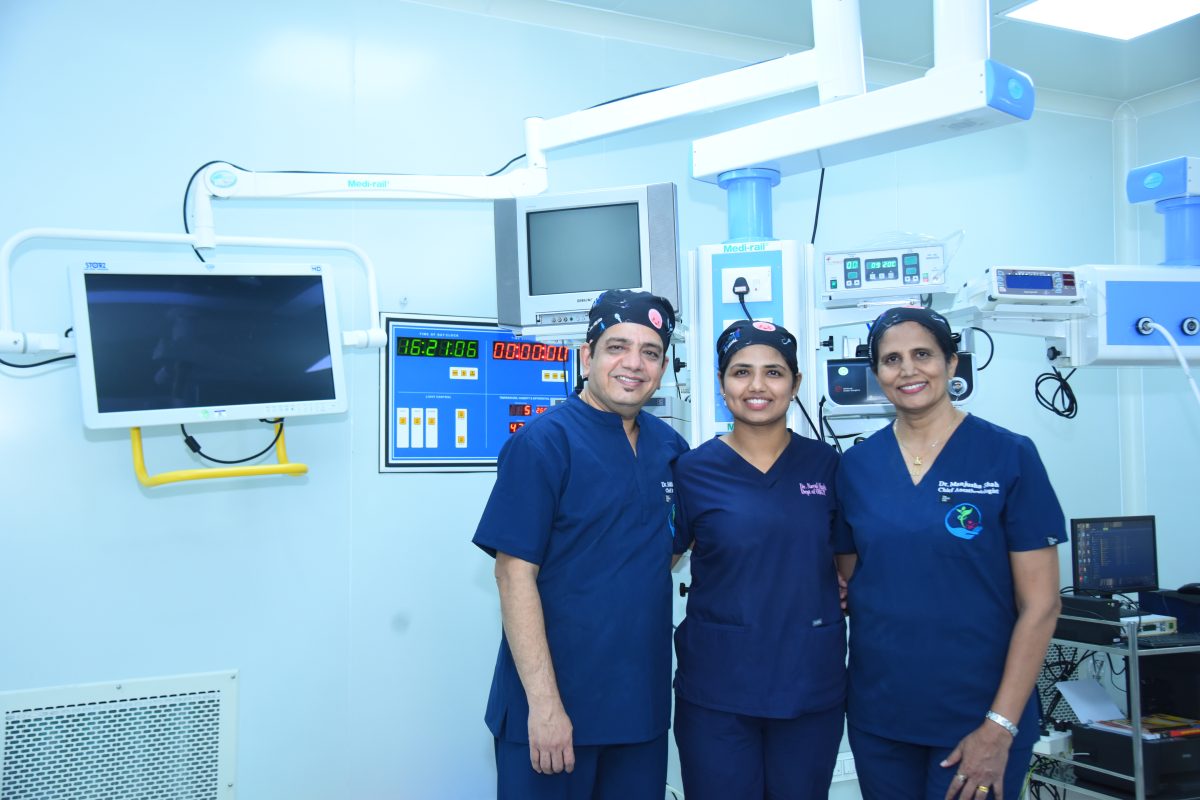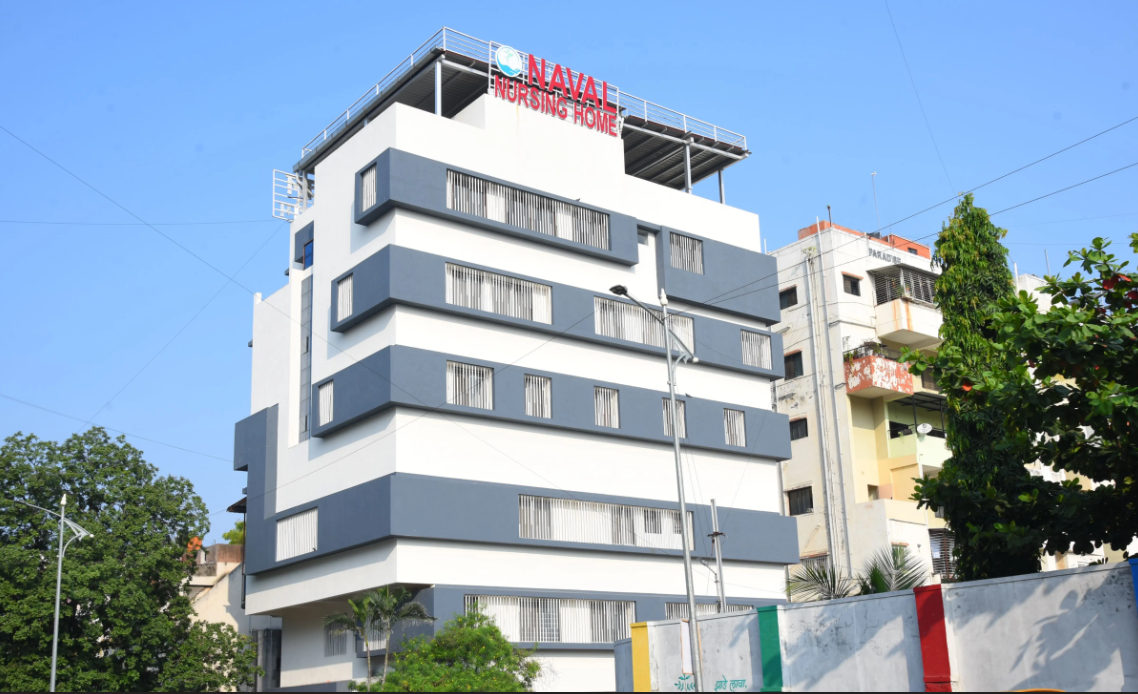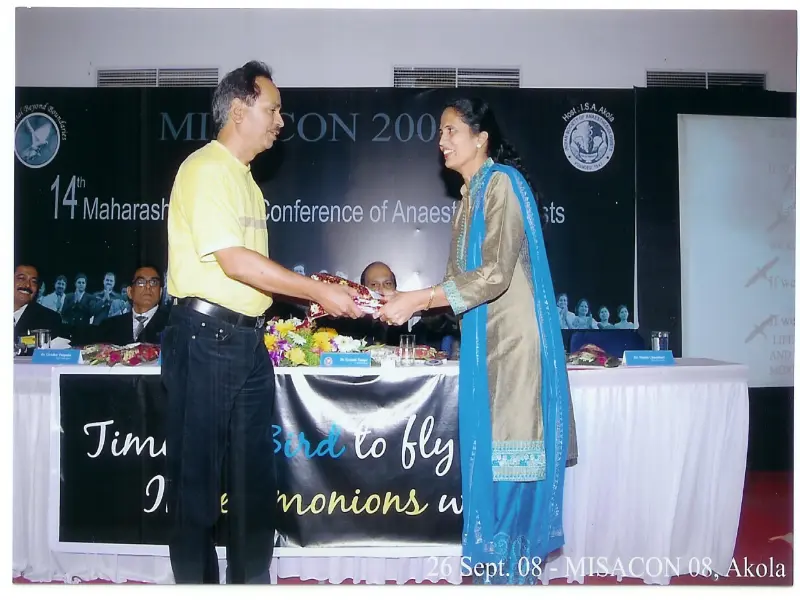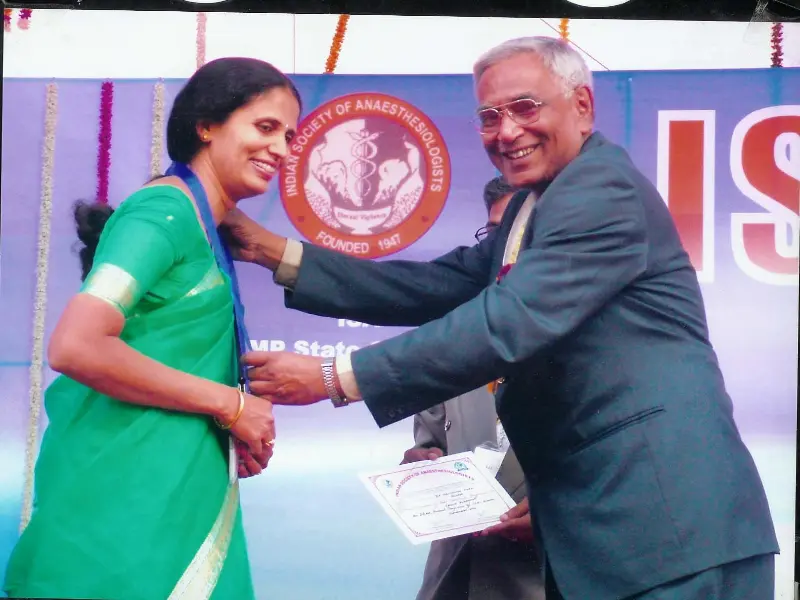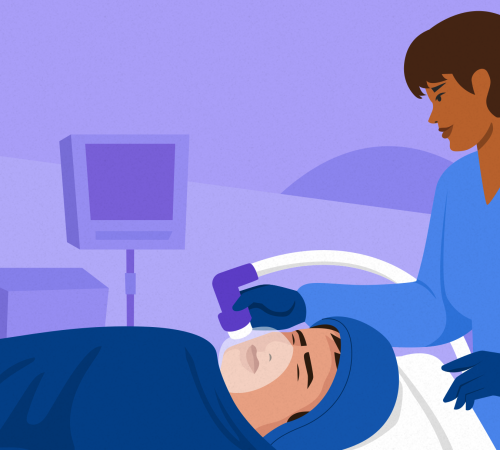
Introduction: Surgical procedures require a multidisciplinary approach to ensure patient safety and comfort throughout the entire perioperative period. Anesthesiologists play a pivotal role in this process, providing specialized medical care before, during, and after surgery to optimize outcomes and minimize risks for patients.
Preoperative Assessment:
- Anesthesiologists conduct comprehensive preoperative assessments to evaluate the patient’s medical history, current health status, and any potential risk factors for anesthesia complications.
- They collaborate with surgeons and other members of the healthcare team to develop individualized anesthesia plans tailored to the patient’s needs and the specific requirements of the surgical procedure.
Anesthesia Techniques:
- Anesthesiologists employ a variety of anesthesia techniques to meet the specific needs of each surgical patient, including:
- General anesthesia: Inducing unconsciousness and loss of sensation throughout the entire body.
- Regional anesthesia: Numbing specific regions of the body while allowing the patient to remain awake and alert.
- Local anesthesia: Numbing a small area of the body for minor surgical procedures.
- They carefully select the most appropriate anesthesia technique based on factors such as the type and duration of surgery, the patient’s medical history, and individual preferences.
Patient Safety and Monitoring:
- Patient safety is paramount in surgical care, and anesthesiologists are trained to identify and mitigate potential risks throughout the perioperative period.
- They employ advanced monitoring technologies, such as electrocardiography (ECG), pulse oximetry, capnography, and invasive hemodynamic monitoring, to continuously assess the patient’s physiological status and respond promptly to any changes.
- Anesthesiologists also manage anesthesia-related complications, such as airway obstruction, hemodynamic instability, and allergic reactions, with skill and expertise to ensure optimal patient outcomes.
Postoperative Care:
- Anesthesiologists provide postoperative care and pain management to facilitate the patient’s recovery and ensure a smooth transition from the operating room to the post-anesthesia care unit (PACU) or intensive care unit (ICU).
- They collaborate with surgeons and other healthcare providers to address any postoperative complications, manage pain effectively, and support the patient’s recovery process.
Emergency Response:
- In addition to their routine duties, anesthesiologists are trained to respond rapidly to medical emergencies that may arise during surgery, such as cardiac arrest, anaphylaxis, or massive bleeding.
- They are skilled in advanced life support techniques, including cardiopulmonary resuscitation (CPR), defibrillation, and airway management, to stabilize and resuscitate patients in critical situations.
Conclusion: Anesthesiologists play a central role in surgical care, ensuring patient safety, comfort, and optimal outcomes throughout the perioperative period. Their expertise in anesthesia management, advanced monitoring, and emergency response is indispensable in modern healthcare, making them invaluable members of the surgical team.
All these facilities related to Obstetric Anaesthesia & Analgesia, Anaesthesia for Laparoscopic Surgeries are available in Naval Nursuring Home near Railway line, Dutta chowk, Solapur
Remember, this blog post is for informational purposes only, and it’s essential to consult with a healthcare professional.


